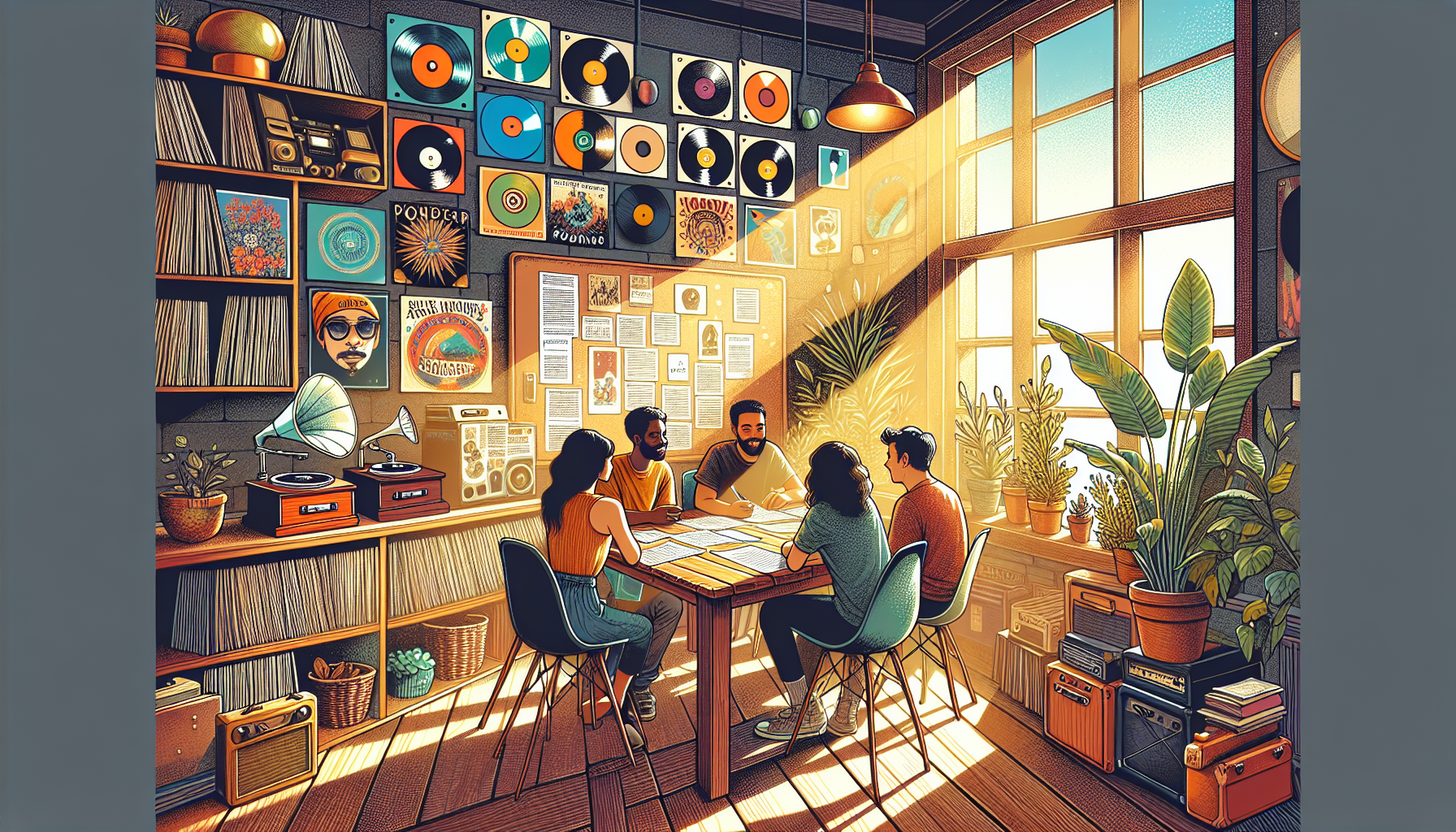Indie music publishing is a crucial aspect of the music industry, particularly for independent artists looking to get their music out into the world. Understanding how music publishing works in the indie realm can help artists navigate the complexities of rights management, royalties, and revenue streams.
What is Music Publishing?
Music publishing involves the ownership and management of musical compositions. This includes controlling the rights to reproduce, distribute, and publicly perform songs. In essence, music publishing is the business of songwriting.
The Role of Indie Music Publishers
Indie music publishers serve as the bridge between songwriters and potential revenue streams. They help artists to protect their rights, collect royalties, and license their music for various uses such as TV shows, movies, commercials, and digital streaming platforms.
Indie music publishers also play a vital role in promoting artists’ songs and securing placements in sync opportunities. Sync licensing involves placing music in visual media, which can provide exposure, royalties, and new fan bases for indie artists.
Rights Management
Indie music publishing involves managing various rights, including mechanical, performance, synchronization, and print rights. These rights give artists control over how their music is used and enable them to generate revenue from different sources.
Royalties and Revenue Streams
One of the primary functions of indie music publishing is to ensure that artists receive their rightful royalties. These royalties can come from different sources, such as mechanical royalties from physical and digital sales, performance royalties from live performances and radio airplay, and synchronization royalties from TV, film, and commercials.
Indie artists can also generate revenue through other streams, such as licensing their music for covers, samples, and derivative works. Music publishing helps artists navigate these revenue streams and maximize their earning potential.
Times The Are A Changin’
Indie music publishing is a vital component of the music industry ecosystem, providing independent artists with the support they need to protect their rights, collect royalties, and generate revenue from their music. By understanding how music publishing works and the role of indie publishers, artists can take control of their careers and build successful music businesses.

